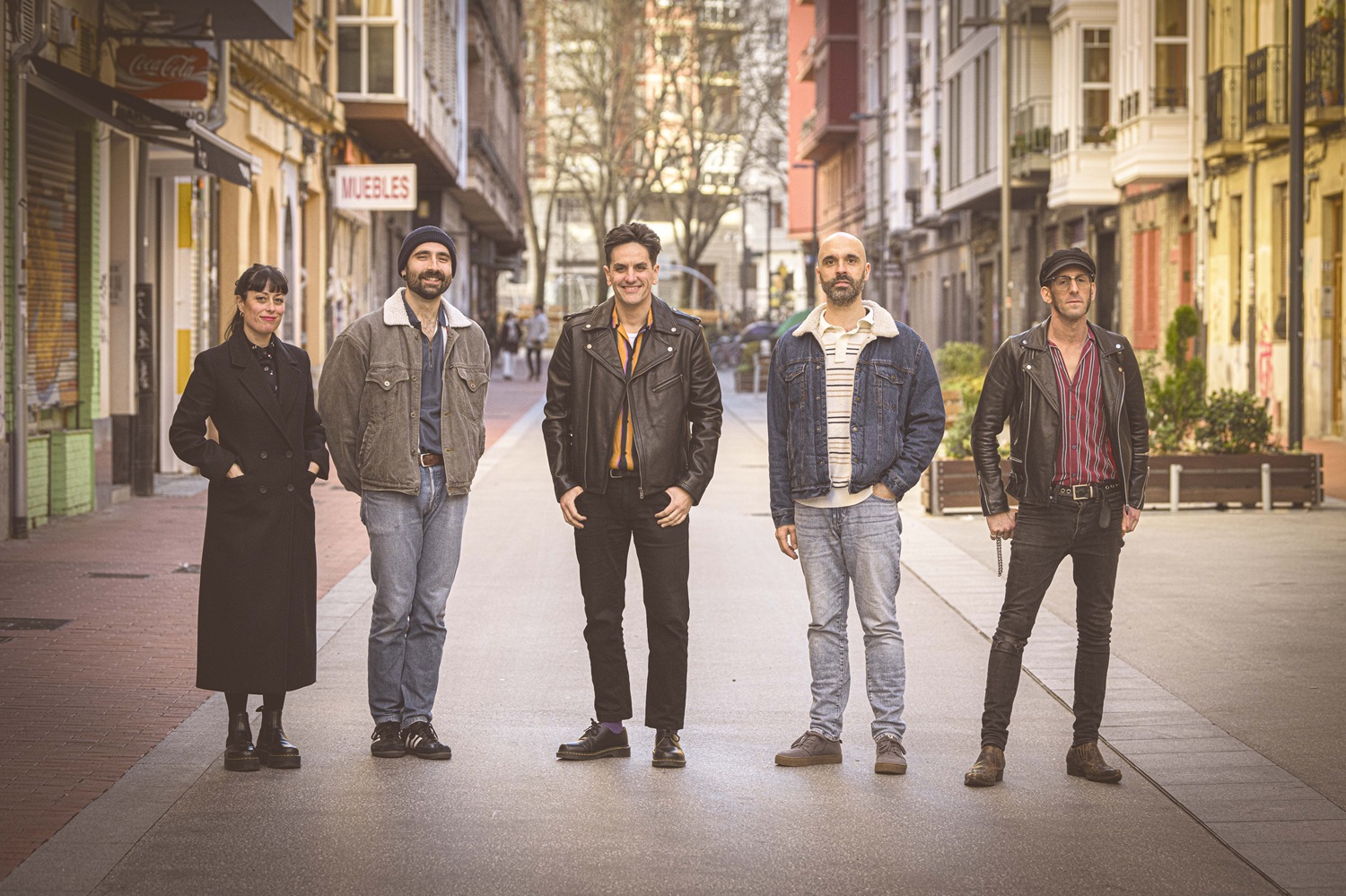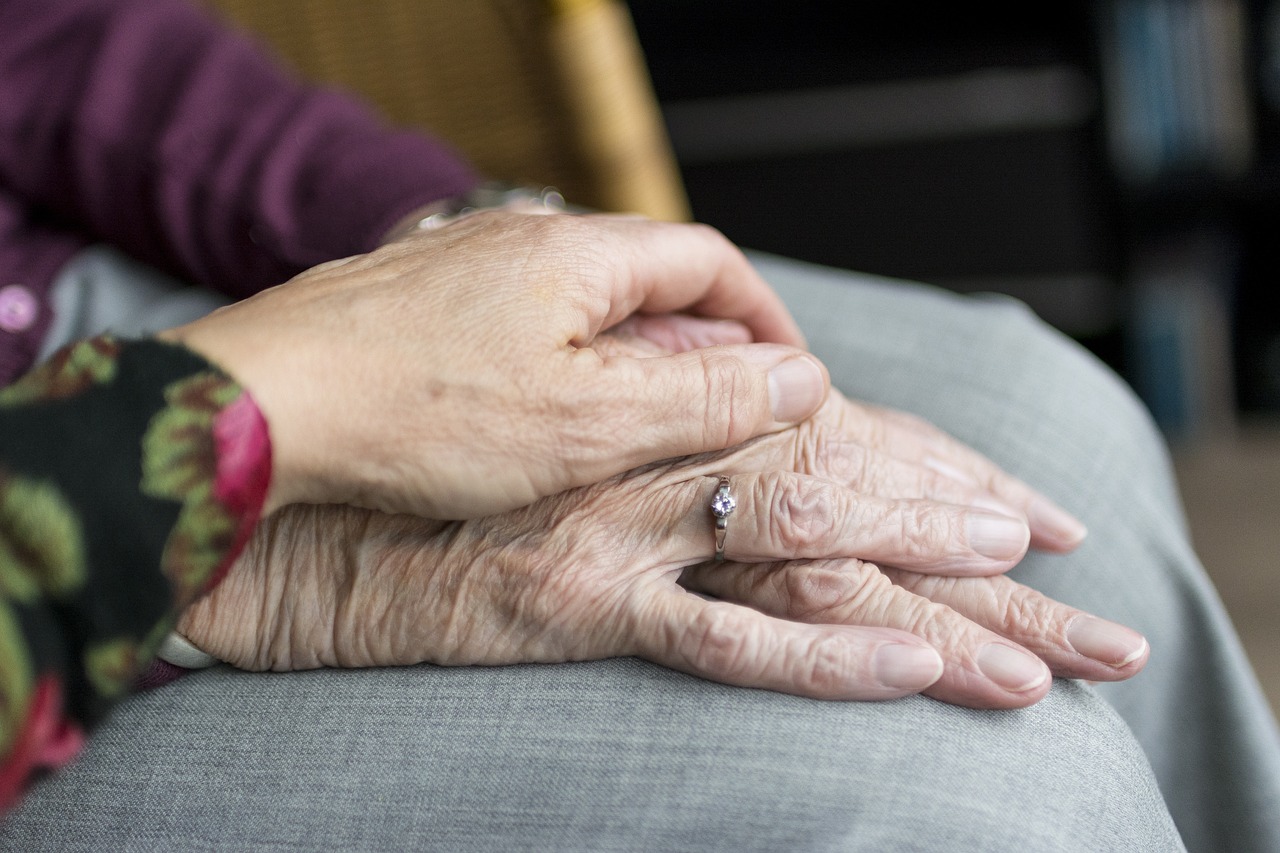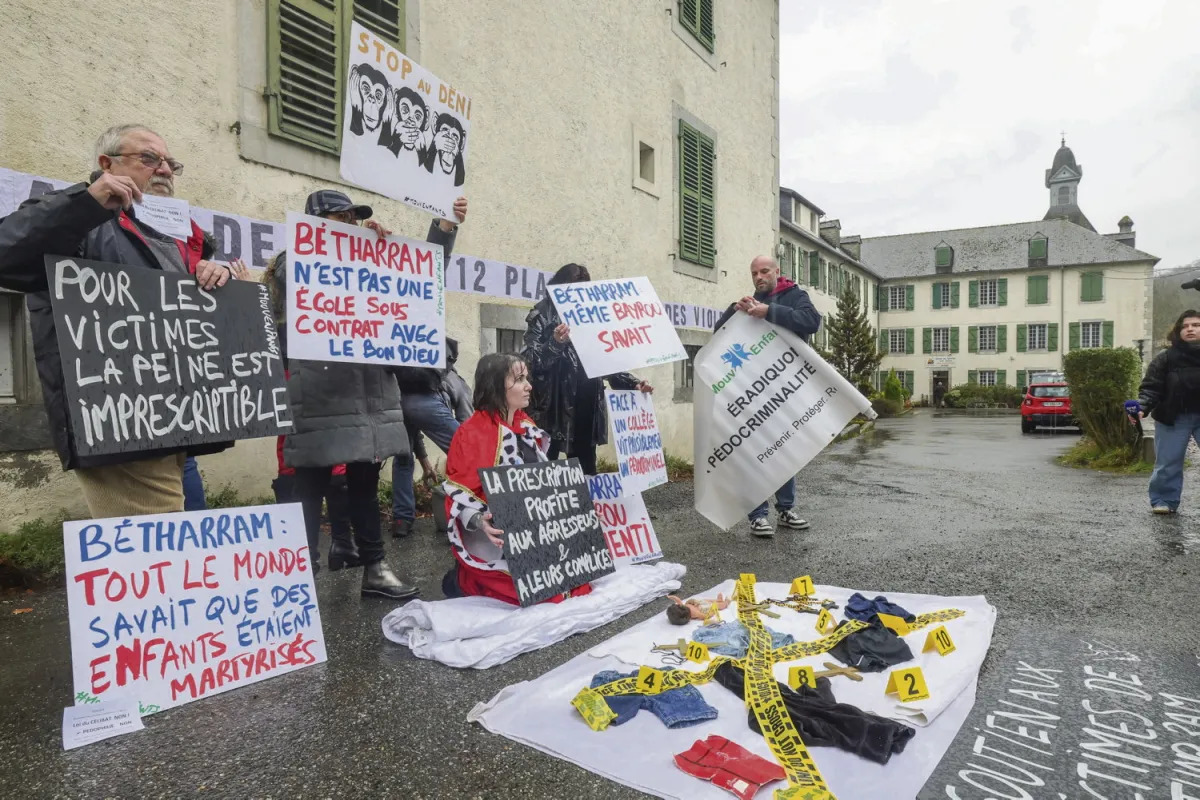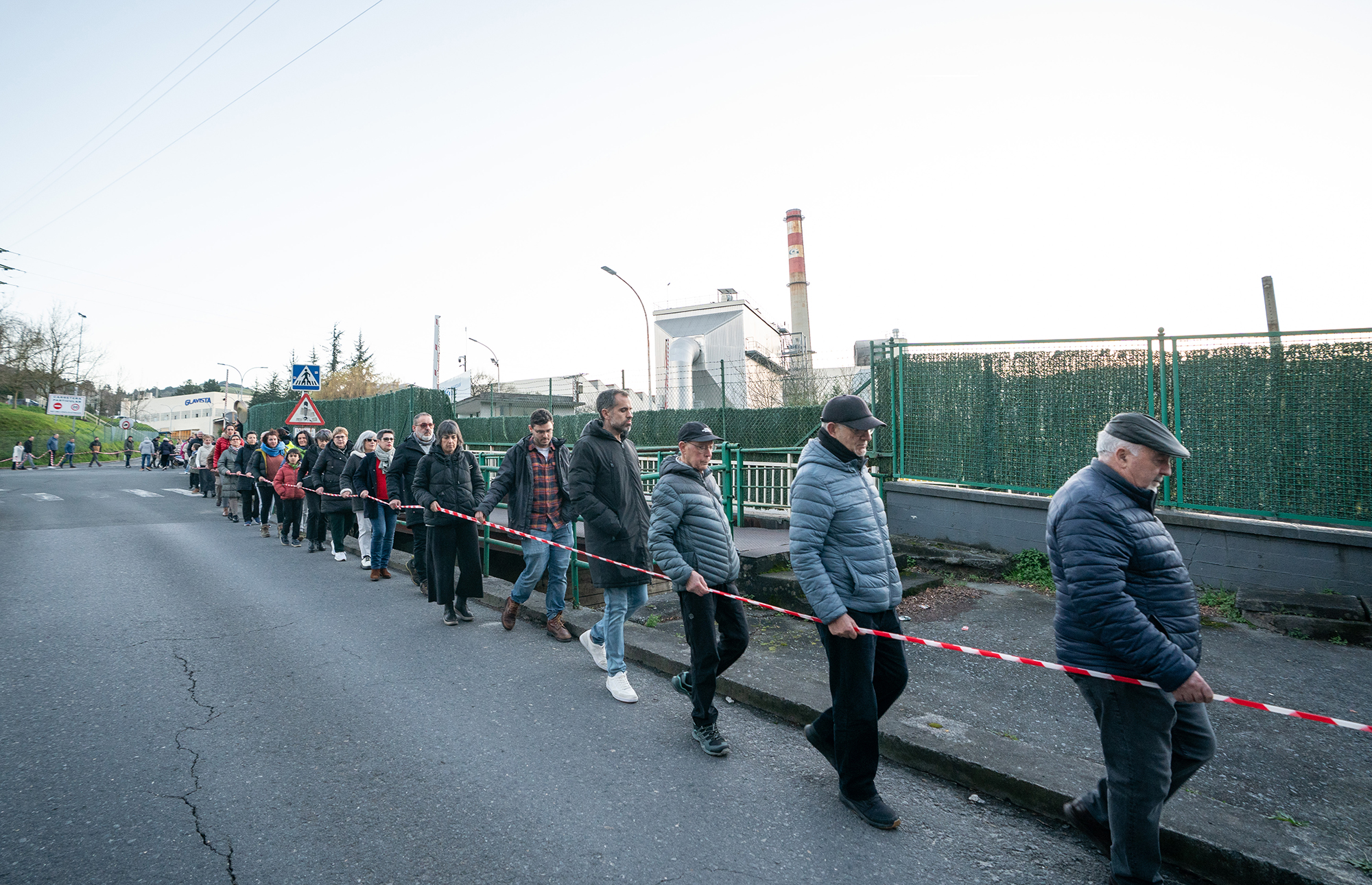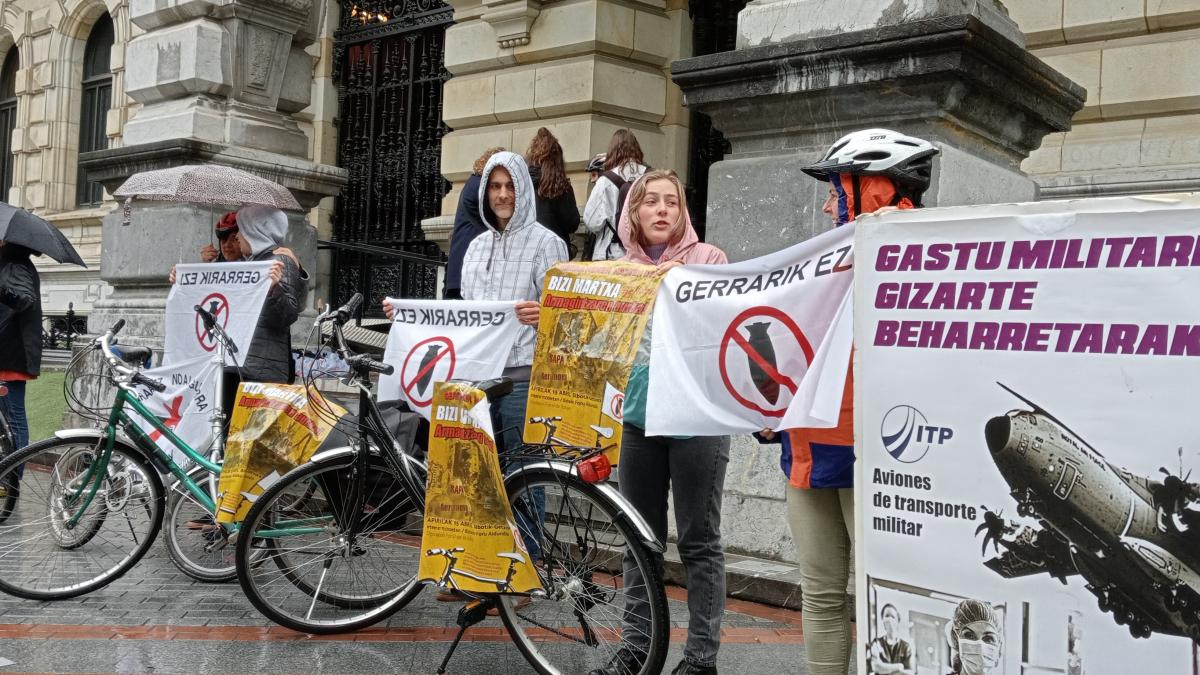Separation is expensive
- The economic situation has affected divorce in the same way as in all areas of society. Divorce cases have not gone down, but economic gravity forces separated couples to resort to new solutions; the extreme solution is to continue to live in the same house.
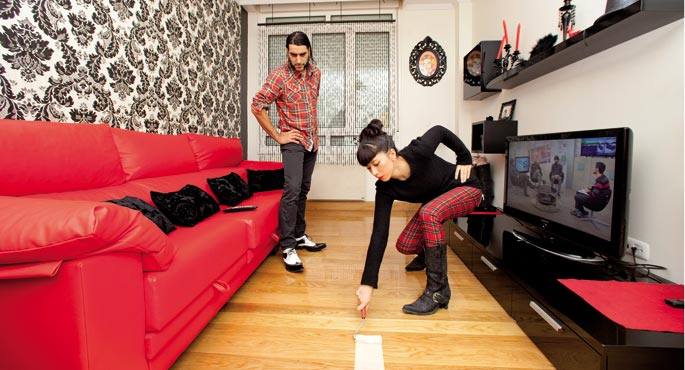
“If my parents had separated by the time they decided to divorce and could have lived in different houses, my relationship with my father would be much better, for sure,” says the 21-year-old Hernanian daughter who does not want to give her name. Despite the separation of their parents, the three have been living together in the same house for two years. Since the crisis has stirred up the world, several families are in a similar situation: they cannot sell their homes, they cannot start a new mortgage and until someone buys a floor, hoping that they will achieve it in the short term, they decide to keep living in the same shelter, in the absence of another solution.
Yolanda Gumbao is a social worker of AGIPASE, the association of mothers and fathers separated from Gipuzkoa, and highlights that living in the same house is not the right solution: “If a couple decides to separate, from that moment on the house can become a space of violence. That is why it is best to separate ourselves as soon as possible.” The 21-year-old Hernaniarra has been living an uncomfortable situation every day for two years, when he comes home and while his father is in one place his mother remains in the other. They don't lead a family's life and they just talk about the essentials. She points out that it is unsustainable and that studying outside the home allows her to move away from this reality: “It’s hard to live like this, because you see that your parents don’t look at each other and also, unfortunately, you are also part of your discussions, because one tells you one thing and the other one. I’ve moved a lot away from my father, we’ve had a lot of discussions about everyday things, and our relationship has gotten much worse.”
In the context of the economic crisis, it is difficult to buy or rent another floor and often one of the members of the couple will live at home from their family or friends. The AGIPASE partnership launched apartments for separate parents a few years ago, but there is no room for many people and, therefore, it has not been such a good solution. According to social worker Gumbao, in divorce men are, at least if they have children, the most economically harmed. In 90% of cases, the woman is the one who stays with the children and the child and the caregiver remains in the family home. The man is forced to leave the dwelling, to pay the mortgage of another dwelling and to follow the charge of the family dwelling in part, as he is one of the owners of the dwelling. In addition, you are required to pay the pension until your child is 18 years old or has completed school. “I am over 18 years old, but until I finish school my father will have to pay me the pension, because that is what the law says, and he will agree with my mother what I have to pay. Economic accounts become the main problem of divorces and are the focus of many debates”, insisted the Hernanian.
As has been said, in almost all cases the mother takes custody of her child, but more and more separate couples have begun to agree that the child should share her care. Thus, both have the same rights in the education of the child and both have the possibility of staying with him for a long time. Sometimes, driven mainly by the crisis, the child is always in their usual home and it is the parents who take turns to live in that house, for example, twice a week. Experts believe, however, that it is detrimental to the partner who has just split up, as it can lead to more debates. After all, if the relationship was not adequate before a decision was made to divorce, the house can often be a source of further discussion.
Two processes
The divorce rate has remained in recent years. However, an association lawyer has explained that the economic situation has implications for the separation process. There are two types of divorces: the agreement and the non-consensual one. In the event of conformity, the couple hires an attorney and solicitor and agree on future life or obligations, i.e. they establish an agreement with or without liquidation of ganancillary assets. Once completed, the application for divorce with the agreement explaining what was agreed is submitted to the judge, without the need for trial. If there are children involved in the petition before the judge, the prosecutor's office analyzes the case, but it is not a long procedure, but a month to get a divorce. After all, it is the couple itself that determines the structure of their future life; they are the ones who decide how long the father and mother will have to see the child, how long the pension will be, who will stay the house…
Divorce without agreement involves a lawyer and a procurator. One of the couples submits the request for divorce, with a document explaining what she asks for, and the other responds negatively to that page. Therefore, the next step is usually to go to the trial. As is usually long-term, another judgment regulates the obligation to comply during the conclusion of the divorce judgment. The final decision is taken by the Judge in favour of one of the parties or by mid-term decision. The AGIPASE attorney admits that divorce is a traumatic act in itself, because it ends what you think will be forever, but disagreement is much more painful, because the process is tougher and the judgment is very exhausting. The association offers psychological support to deal with the anger and frustrations generated by the separation itself, the economic needs, etc. Even if there are signs of mistreatment, the institutions involved and psychological therapies take the necessary measures immediately.
Despite this, the members of the association believe that the number of divorces agreed in recent years has increased and that the economic crisis can influence. After all, in unagreed divorces you have to pay twice as much and it is a road that goes a long way. In addition, in the agreed negotiations, a phenomenon is taking place that did not happen before: there are those who claim that, in a time of divorce, the number of pensions to be passed on to the former partner in charge of child care should be changed. In order to do so, it will be necessary to demonstrate to the judge that he has suffered a reduction in wages or income and that he feels financially exhausted. If the judge ratifies it, he will adapt the pension to the new economic situation in which he is currently living.
On the other hand, and although it may seem strange, AGIPASE’s lawyer has stressed that the crisis has resulted in increased fraud and so-called fake divorces: “Many times, as an attorney you have to work with a couple, and from the very beginning you realize that their goal is not really separation, but to get divorce papers, in order to get subsidies from the institutions, but then they will continue to live together.” Specifically, according to the lawyer, fraud has subsequently been accepted by several partners, including Josu Urrutia. By separating the father or mother and caring for the child, help is received from the institutions.
Processing costs
Among the services it offers, AGIPASE offers tax advice and legal service. “Here come a lot of people, some looking for advice to keep the couple and have a good relationship, and others to process divorce,” says Yolanda Gumbao. Dealing with divorces from associations is much cheaper than doing it on your own. Hiring a divorce lawyer costs around 3,000 euros, but the association’s attorneys charge less than 1,500 euros a year. According to the social worker, excessive prices are often paid for the treatment of divorces, as people are willing to pay any price for ignorance and despair. “He told me that one man once paid 18,000 euros. Before reaching this point, it is best to ask how much the lawyer asks for per hour and to make a price comparison, that is, to compare the prices of several lawyers and to decide afterwards. Impatience makes decisions quickly, and that’s not good.” On average, Gipuzkoan society is responsible for the divorce of a fortnight of families, that is, every year some 600 families pass through it and most of the time they have to make divorce proceedings.
A newly separated Donostian woman at the age of 54 tells us it's been a hard and economic process. “My former partner and I decided to separate ourselves a few months ago. We have received an attorney to carry out the paperwork, and each of us will have to pay around 1,000 euros to our lawyer.” In addition, it took them a lot to sell the house and in the end they had to drop the price a lot. 70% of the house they had in common was a woman, so she has been able to buy a new house with the money raised. Her former husband, for his part, has asked her family for money to start a new mortgage. The father must pay the pension to the daughter he has in common until he is 25 years old, but by not agreeing on the money he must provide, they have decided to go to the judge, who will make the process more expensive.
The decision to divorce is difficult, there is no doubt, but it is even more dramatic for people in a difficult economic situation. There is no easy solution, it is difficult to continue living in the same house, call the door of the family or friends, assume the responsibility of two mortgages… and start a new life. According to experts, the number of divorces will remain in the coming years and, if so, the conclusion is clear: in times of crisis, economic difficulties will make separation even more painful.
Transparent Beings
When: April 20th.
In which: In the Plaza of the Castle of Pamplona.
-----------------------------------------------
The concert is only half an hour away in the Plaza del Castillo de Pamplona; but it is still half empty, because it is raining. Whether... [+]














